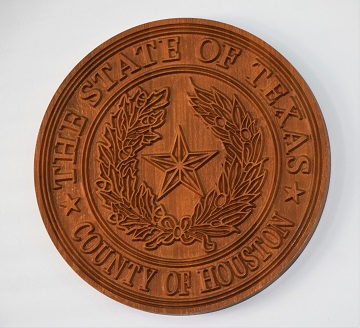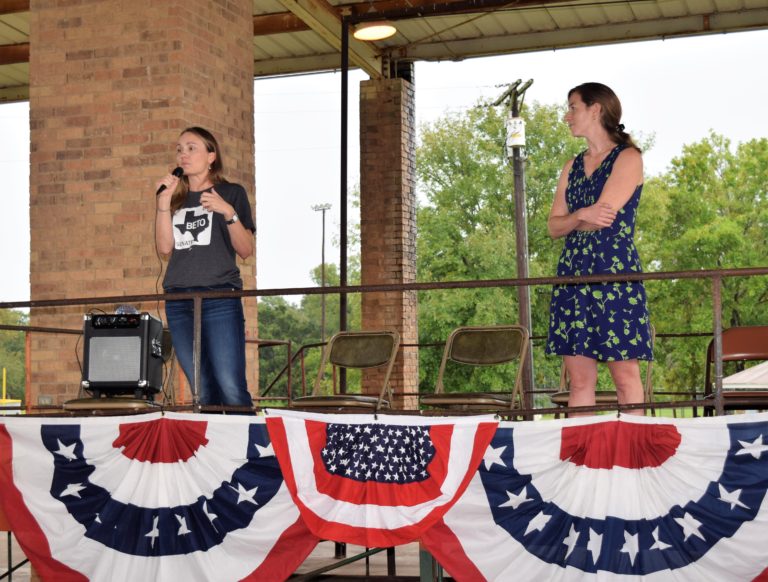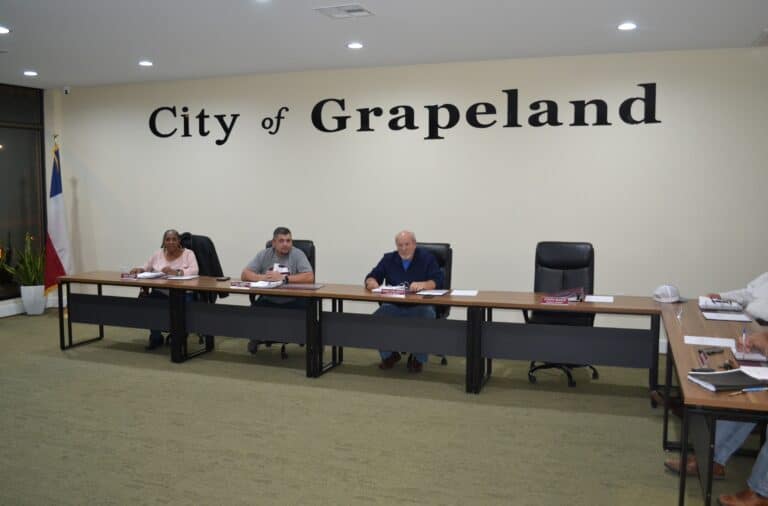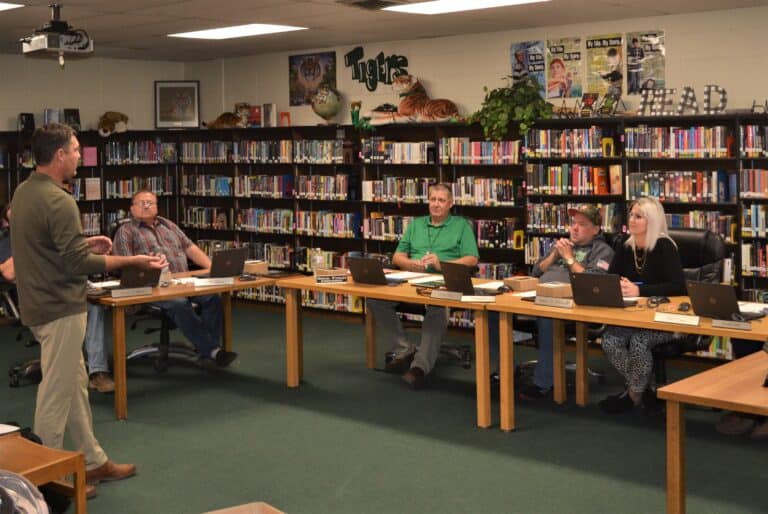Crockett ISD to Sell Old State School Property

By Will Johnson
Messenger Reporter
CROCKETT – The Crockett Independent School District has been approached about selling property they purchased a little over two years ago from the city of Crockett.
As a result, a special meeting of the Crockett ISD Board of Trustees was held on Thursday, April 9. Following social distancing guidelines, the meeting was convened at 6 pm. Once a quorum was determined and the pledges were given, the board adjourned into executive session.
One of the items considered in the closed door session was “… to approve a resolution declaring the property known as the juvenile justice center property as surplus and allowing for the disposition thereof and delegation of authority to the superintendent to dispose of the property in the best interests of the district.”
After approximately two-and-a-half hours, the board returned to open session. A motion was made by Board Vice President Karen Norman and seconded by Board Member Ansel Bradshaw to approve the resolution declaring the property as surplus and authorizing the superintendent to dispose of the property in way that was best for the district.
Before a vote was taken, Board Secretary Dr. John Garnet requested the opportunity to make a statement concerning the measure.
“The juvenile justice property, also known more commonly as the Crockett State School began operation by the state of Texas in 1952. That was the same year I was born. The property is essentially the same age as me. This school board has an emotional attachment to the facility because at least three of the current members worked on this campus in times past,” Dr. Garner said.
“Additionally,” he continued, “I personally provided dental care for the residents. This board took the purchase and preservation of this special property very seriously and with great intent. We knew the property’s former glory and envisioned its continued use to better the community.”
Garner asserted the board did not solicit or initiate the sale of the property and added when it was first brought to his attention, he was against it. He explained his belief that the district should only consider selling the property if it could recoup the original price CISD paid to the city of Crockett, plus the cost of additional improvements to the property made by the district.
“We have reached that agreement with Mr. (Konstantin) Savvon. A non-refundable earnest money deposit has been made by him, pending his attaining the necessary licenses from the state of Texas to allow him to open the facility. In the meantime, CISD will continue to be able to continue to use parts of that property,” Garner said.
The board secretary also indicated once the sale of the property goes through, more jobs would be created than CISD could and these jobs would be added to the community
“We now see a new use for this cherished facility. This is more like the use of the property the county and the city had envisioned when they possessed it themselves. We feel like this property transfer makes sense for the city of Crockett, for Houston County, as well as for CISD. We are delighted to be able to make this move,” Garner said.
Once Garner concluded his remarks, the measure was put to a vote and passed unanimously.
The city of Crockett agreed in November of 2017 to sell the property to CISD for $711,000.
Following the meeting, CISD Superintendent John Emerich was asked about the property sale.
“It is a residential facility, but it is a much different model than what has been here in the past. The school (CISD) will not be responsible for any of the education of the students so there will not be any type of burden on the school system,” the CISD superintendent said.
Emerich said he and CISD Superintendent Emeritus Terry Myers “… have visited some of this organization’s (Shambhala Treatment Center, LLC) other properties and you can tell there is a night and day difference from what has been here in the past.”
“This is a juvenile residential facility,” Emerich continued. “His typical kids go from 10 to 17, but usually more 14 to 17. One of the big things though, is this organization is not asking for any tax abatements at all. They will pay their fair share of taxes and they will be a job contributor to the local area. When they get fully on-board with their licensing, they will have a substantial amount of jobs. The wheels are turning right now.”
Will Johnson may be contacted via e-mail at [email protected].





